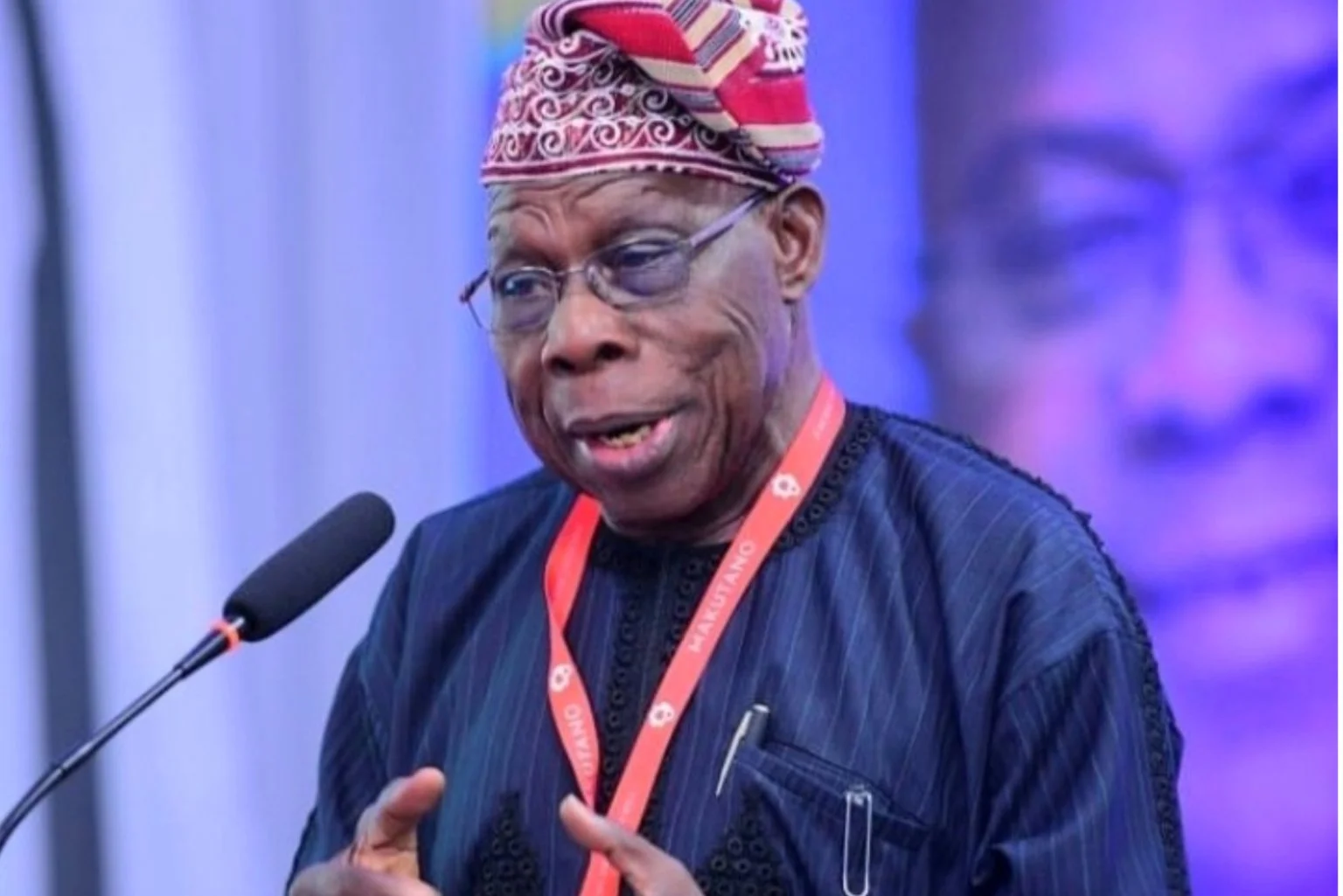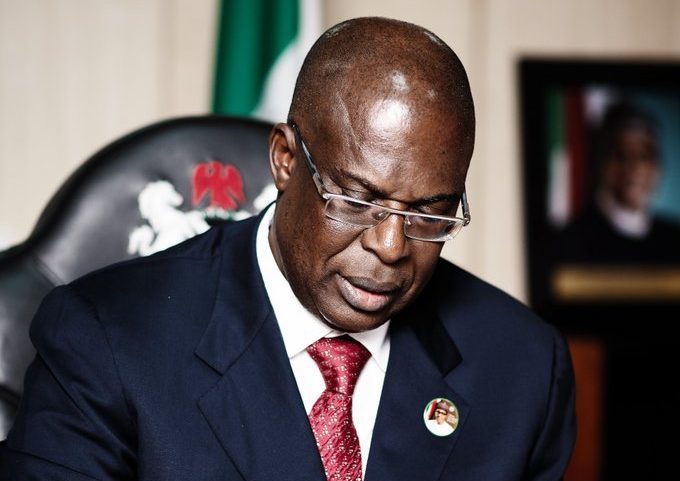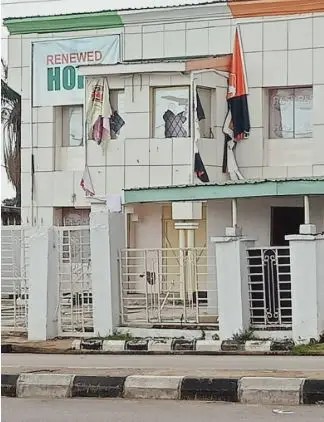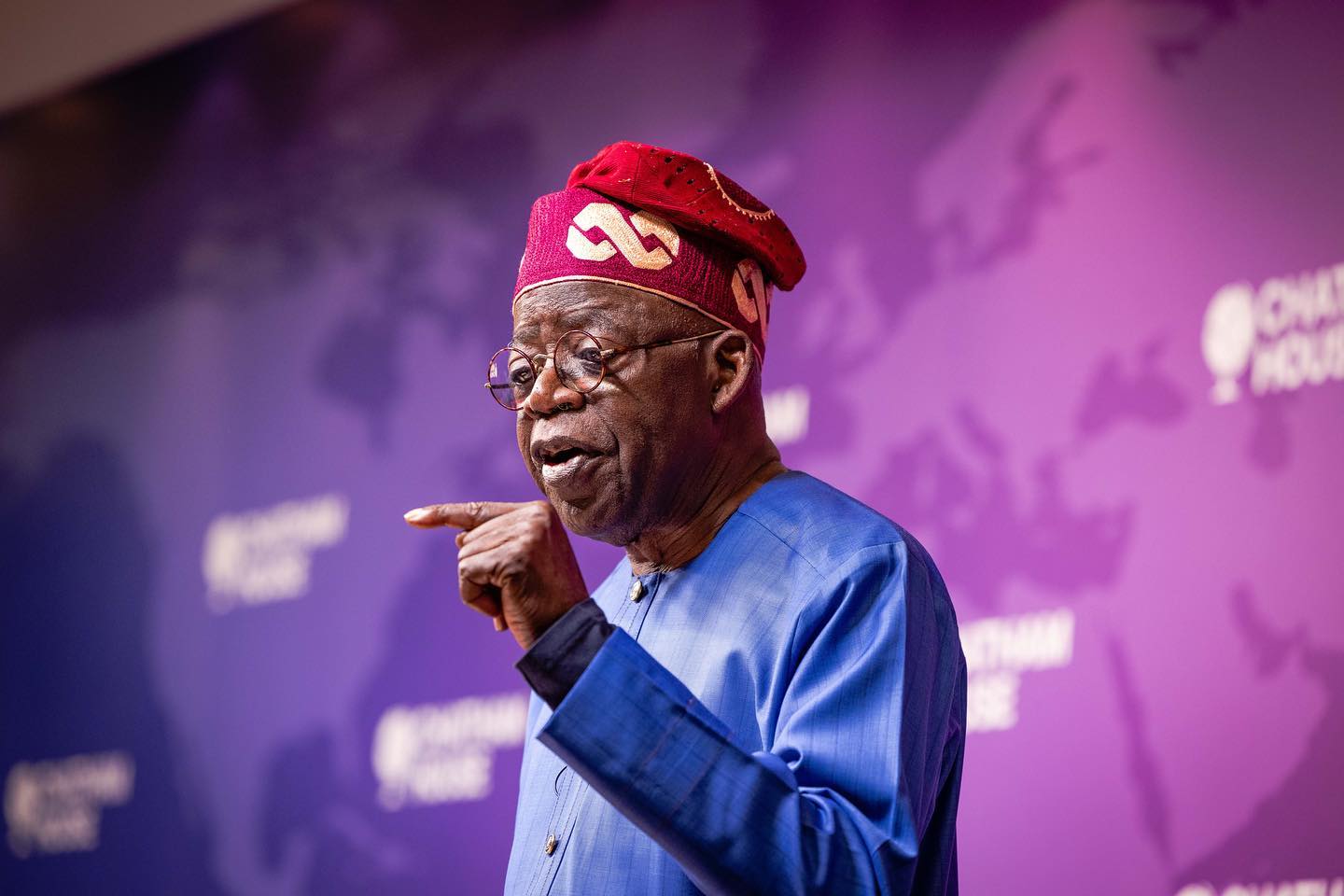The Court of Appeal sitting in Abuja on Friday, dismissed the appeal filed by candidate of the All Progressive Congress (APC), Great Ogboru against the election of Senator Ifeanyi Okowa as Governor of Delta State.
A five man panel of the appellate court led by Justice Uzo Ndukwe-Anyanwu, dismissed the appeal on the grounds that it was “completely devoid of merit”.
The court accordingly upheld the decision of the Delta State Governorship Election Petition Tribunal which affirmed the declaration of Okowa as lawful winner of the March 9 governorship election in Delta State.
Ogboru and his party, APC had approached the appellate court to upturn the decision of the tribunal which returned Okowa for a second term in office.
The Independent National Electoral Commission (INEC) had declared Okowa and PDP winner of the March 9 governorship election in Delta State, haven garnered majority of the lawful votes cast in the election.
Ogboru and his party had alleged over-voting and non-compliance with the Electoral Act amongst other irregularities they claimed marred the governorship election in the state.
They called a total of 20 witnesses and tendered a total of 4523 documents to prove their petition.
They then prayed the court to nullify Okowa’s election and declared them winner or in the alternative order INEC to conduct a fresh election in Delta State.
However the three man panel led by Justice Suleiman Belgore, in its judgment dismissed Ogboru and APC’s petition on grounds that the petitioners failed to prove the cases of irregularities and malpractices claimed in their petition.
Read Also: Edo State On Growth Path, Says Sterling Bank Chairman
Not satisfied, the petitioners then approached the Court of Appeal to set aside the judgment of the lower court and grant the reliefs sought.
Respondents in the appeal are Governor Ifeanyi Okowa, Peoples Democratic Party (PDP) and Independent National Electoral Commission (INEC).
They predicated the appeal on 37 grounds upon which they asked the Court of Appeal to set aside the entire judgment of the tribunal on the grounds that the tribunal erred in law when it dismissed their appeal for lacking in merit.
The appellants argued that the lower court erred in law when it relied on the issue of over voting instead of allocation of votes as canvassed in their petition to dismiss their petition.
The appellants in urging the court to nullify okowa’s election claimed that in some polling units, the total number of votes cast at the election exceeded the total number of voters who were accredited to vote, adding that there was non-compliance with the provisions of the Electoral Act in relation to accreditation of voters.
However, in response to the appeal, Okowa and the PDP urged the Court of Appeal to dismiss Ogboru and APC’s appeal for being incompetent and unmeritorious.
In their brief of argument by Damien Dodo SAN and Akinlolu Kehinde SAN, for Okowa and PDP respectively, the respondents submitted that the appellants failed to prove their allegations of over voting and non compliance with the Electoral Act.
However the appellate court in its judgment agreed with the submissions of the respondents that the appeal lacked merit and ought to be dismissed.
The upper court held that for the decision of a lower court to be set aside there must be evidence that such judgment was perverted, a condition which the appellants failed to prove in their appeal.
In the lead judgment delivered by Justice Uzo Ndukwe-Anyanwu, the appellate court held that the tribunal was right to hold that the case of the petitioners was unmeritorious because they were able to call just 20 witnesses out of the over 800 polling units where election took place in the state.
More fatal to the case of the appellants the panel said was the fact that out of the 20 witnesses called only 5 were polling units agents whose testimonies cannot suffice to prove their case.
In adopting his brief of arguments, PDP’s lawyer, Kehinde SAN, faulted the claim of the appellants which they said was based on the smart card reader report.
“Regardless of the fact that the total number of accredited voters recorded on the smart card reader report is less than the total number of votes cast on the election day, the appellants have failed to prove their allegations of over-voting.
“The reliance of the appellants on the smart card reader report is fatal to their case and this Honourable Court is humbly urged to so hold and resolve this issue in favour of the 2nd respondent” Kehinde submitted.
In its decision the court noted that the report of the smart card reader the appellants relied on to prove over-voting cannot be given importance over the voter register because the smart card reader is a supplement to the voter register.
“”in conclusion, this court find no merit in the appeal, the appeal failed and the decision of the lower tribunal is hereby affirmed”, the court held.
THE SUN, NIGERIA










